Operation Lamp Safety

The operating lamp is a medical device used to illuminate the operating area during surgery. It can produce an intense beam of light that allows surgeons to do their work accurately. Although bright light may be uncomfortable for the eyes, the greatest risk associated with its use is the possibility of skin burns…
What are the environmental consequences of operating lamps?
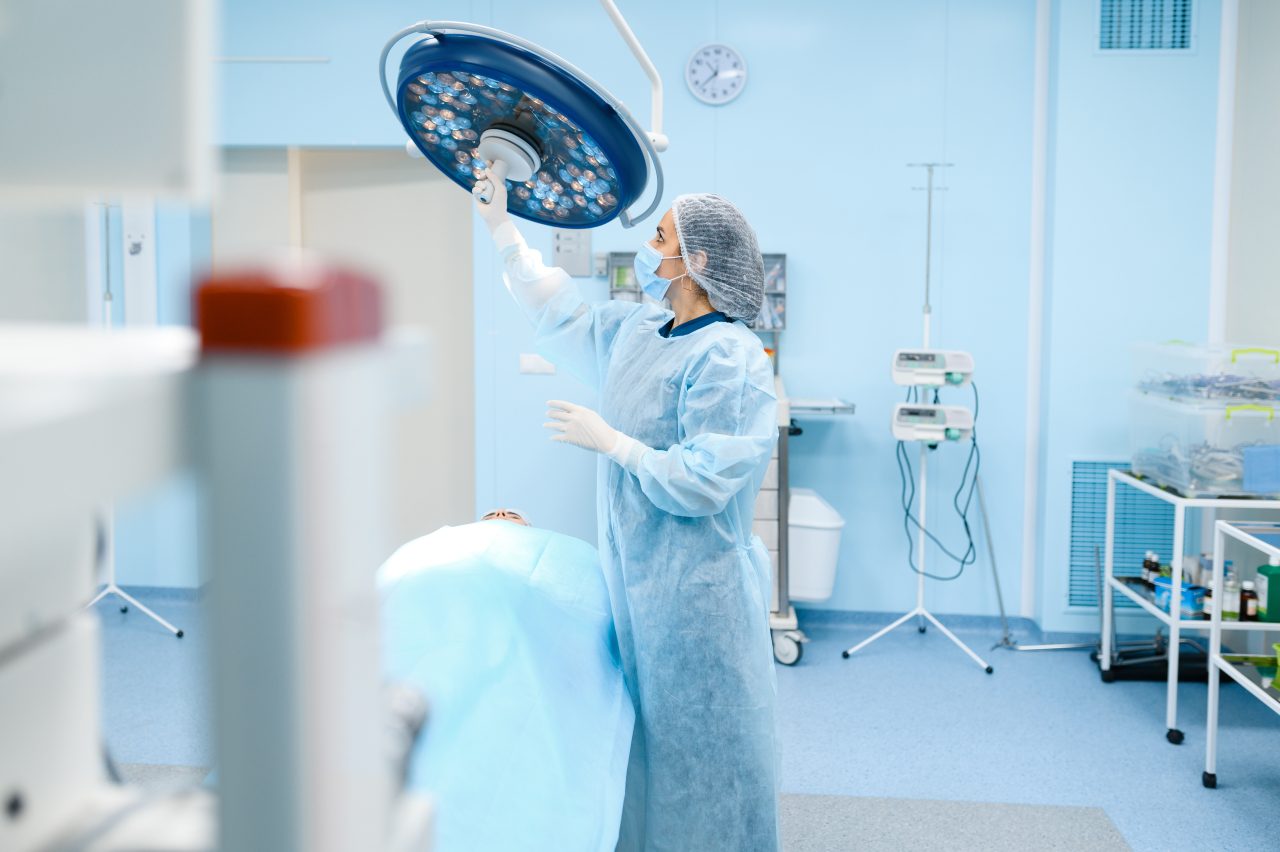
Operating lamps, also known as gas discharge lamps, are devices that use an electric current to produce a flame. They have been used for many years in a variety of applications and have proven to be highly efficient and reliable. Although they are very useful, operating lamps can have a negative impact on the environment if not used properly…
Operating Lamp in the context of health care
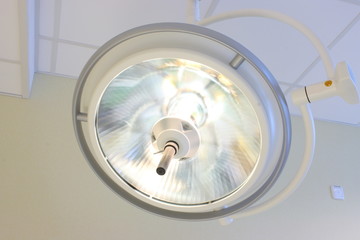
The operating lamp is a fundamental tool in healthcare. It is a lighting device specially designed to improve the visibility of tissues during surgical procedures and other medical treatments. It is designed to provide a bright, homogeneous white light in the work area, allowing the surgeon or healthcare professional a better view of the tissues and the wound. This allows for better planning and execution of procedures…
Operating room lamps: types of light
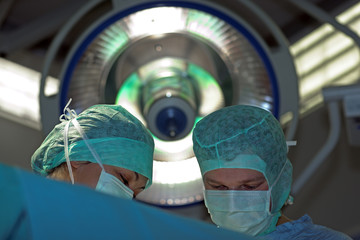
One of the aspects that is important that is part of the needs of a surgeon at the time of operating, is lighting; in operating rooms certain basic elements are needed for the surgeon to do his job such as: a sterilized environment, gowns and surgical material; operating table and instrumentalist doctors, anesthesiologists;
Operation lamps: types and models
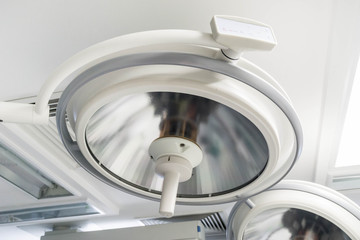
The lighting of an operating room is one of the essential aspects to consider to achieve success in any of the surgical procedures carried out in these places. This illumination is achieved through the operation lamps which are special lamps designed to illuminate the surgical area, thus providing a bright and…
Why is an operating lamp in an operating room essential?
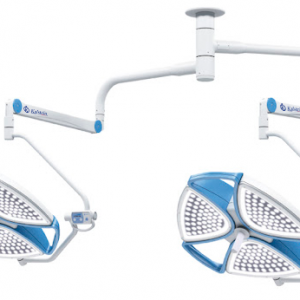
Lighting inside an operating room is considered one of the fundamental factors to obtain successful and uncomplicated surgical procedures. This illumination is made through the operation lamps which are special lamps designed to illuminate the surgical area, providing a bright and uniform illumination centered on the operating table during the surgical act.
What is the function of an anesthesia machine?
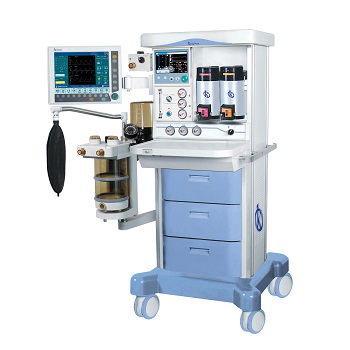
The anesthesia machine is a device designed to supply a mixture of gases that allow the execution of a diagnostic or therapeutic surgical procedure, emitting necessary gases with precision in patients to protect their lives and in turn be sedated.
What controls an anesthetic machine?
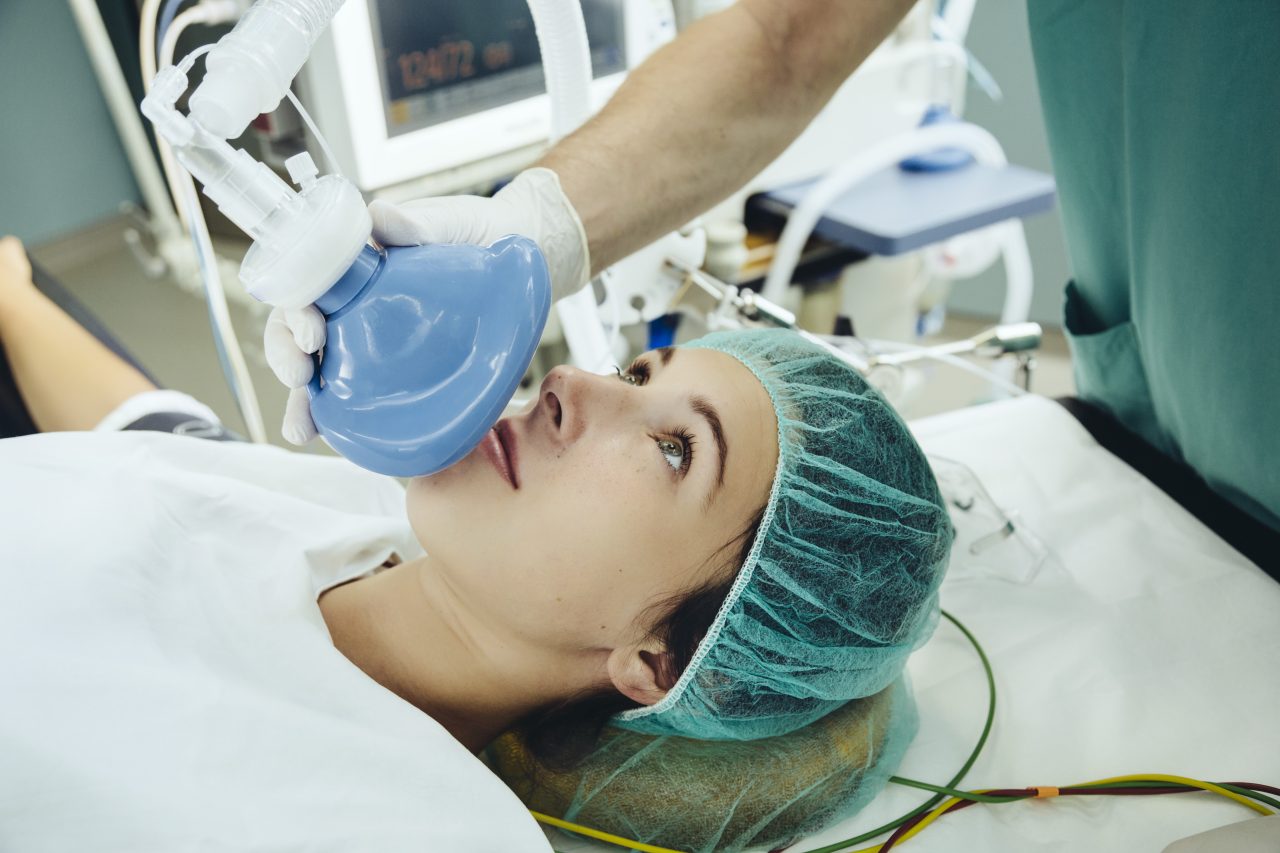
The anesthesia machine is a team able to introduce in patients anesthetic drugs that cause sedation and allows control of their respiratory function. These equipment allow monitoring of temperature, EEG, neuromuscular….
Care when using an anesthetic machine?
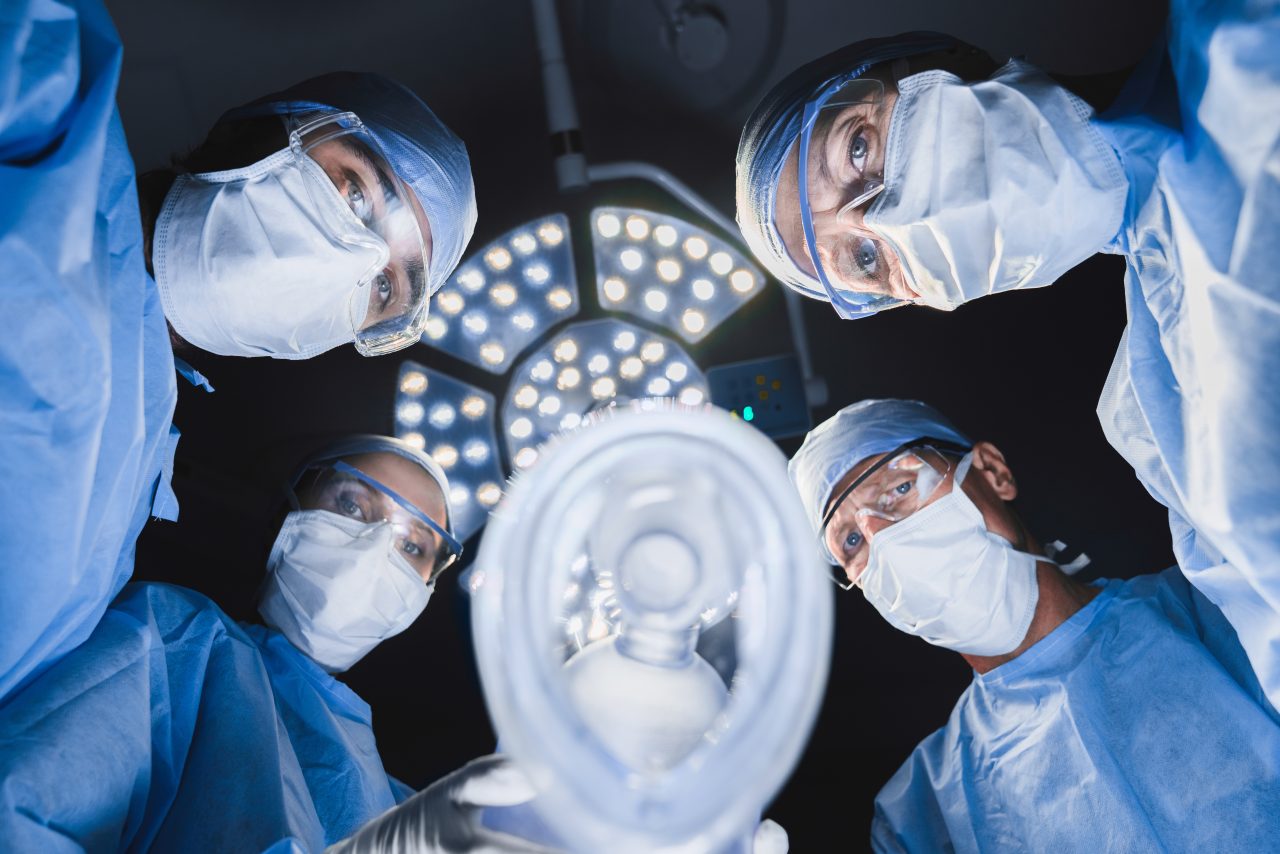
The anesthesia machine is one of the most used medical devices in health centers, so its care and handling are expendable for both health experts and engineers in charge in various areas of medical care. These machines provide continuous and accurate medical gas. The gas is transmitted to patients with a safe flow and pressure…
How can you avoid SARS CoV-2 contamination in an anesthetic machine?

Anesthetic machines are medical equipment used in hospitals and clinics to deliver anesthetic gases to a patient during a surgical process. These gases, among other things, inhibit the functioning of skeletal muscles.
